Enterprise customers using Jamf to manage Macs now have a Jamf Unlock app for iPhone, which allows user authentication using Face ID.
Apple device management firm Jamf has launched Jamf Unlock to provide corporate users with "passwordless Mac authentication," using just the new app. It's part of the firm's Jamf Connect system, which is meant to give each user a quick way to access all of their company Apple devices.
"Jamf Connect expands secure identity and access to resources with Jamf Unlock, passwordless authentication from an iPhone app to securely unlock Mac and the resources needed to be productive," says the company. "Jamf Unlock helps admins and security teams overcome the enormous challenge of keeping a remote and hybrid workforce secure and protected, while also providing a seamless end user experience."
Overall, the Jamf Connect system gives each user one "single et of cloud-identity credentials." Jamf Unlock is now one method those users can have to unlock their Macs.
Jamf Unlock is a free download on the iOS App Store. Jamf Connect costs $2 per device, per month, or $24 per device, per year. Business Plan organizations pay $12 per user, per year, for all Jamf products.
Keep up with everything Apple in the weekly AppleInsider Podcast — and get a fast news update from AppleInsider Daily. Just say, "Hey, Siri," to your HomePod mini and ask for these podcasts, and our latest HomeKit Insider episode too.
If you want an ad-free main AppleInsider Podcast experience, you can support the AppleInsider podcast by subscribing for $5 per month through Apple's Podcasts app, or via Patreon if you prefer any other podcast player.
AppleInsider is also bringing you the best Apple-related deals for Amazon Prime Day 2021. There are bargains before, during, and even after Prime Day on June 21 and 22 — with every deal at your fingertips throughout the event.
 William Gallagher
William Gallagher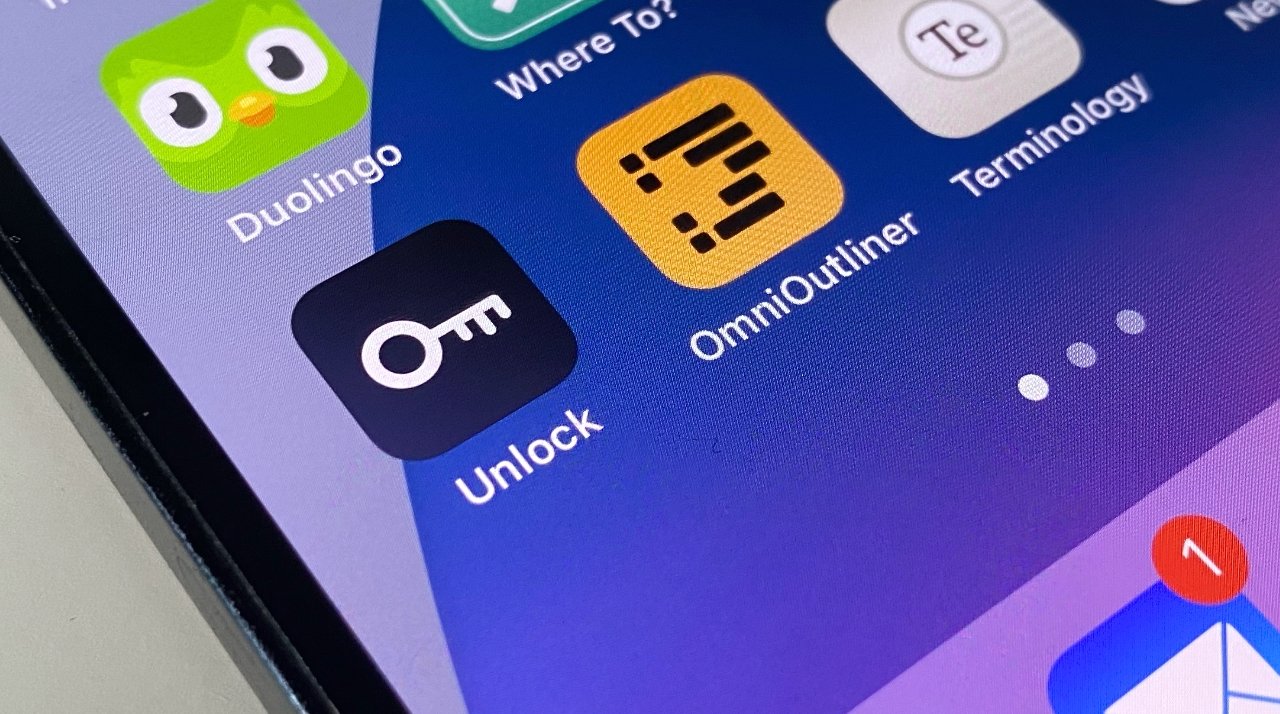

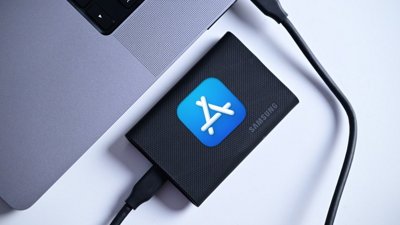
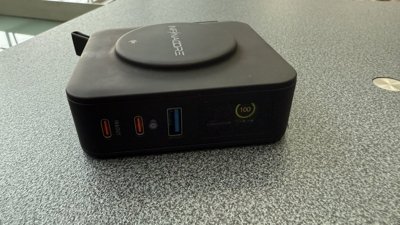
 Thomas Sibilly
Thomas Sibilly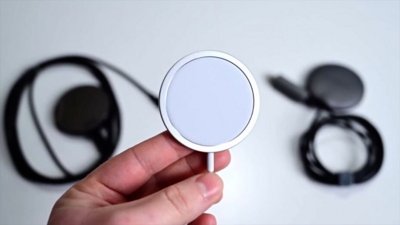
 Andrew O'Hara
Andrew O'Hara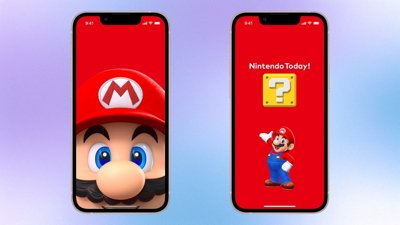
 Amber Neely
Amber Neely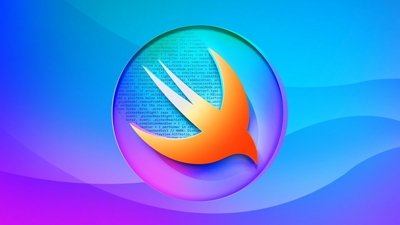
 Marko Zivkovic
Marko Zivkovic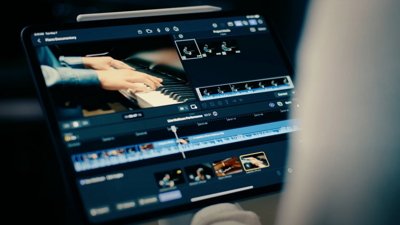
 Malcolm Owen
Malcolm Owen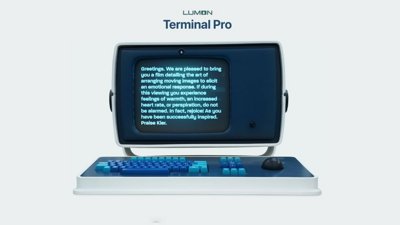
 William Gallagher and Mike Wuerthele
William Gallagher and Mike Wuerthele
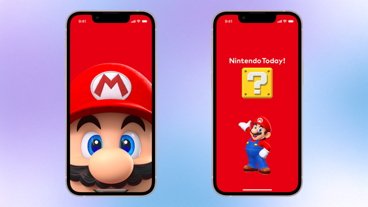
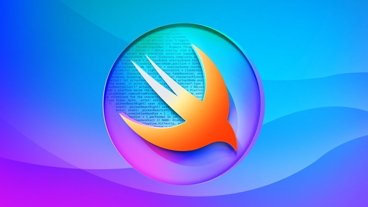
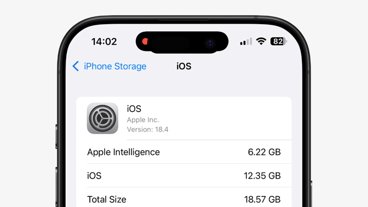







2 Comments
The same Jamf that would lock up my mac every time I did a ‘carthage update’? Yah I’m still good.
So Jamf has written a backdoor into its MDM software. That's interesting. I assume this operates like an old style RSA token system but even that required a logon and the token (two-factor). What this system appears to do is allow the person managing the system access to every connected client since once you give the user access via the unlock software, the administrator by default also has it. I wonder if this also gives the admin access to all the user's security keys. Glad I'm not having to deal with this anymore because it would require a lot of testing before I would have approved it.